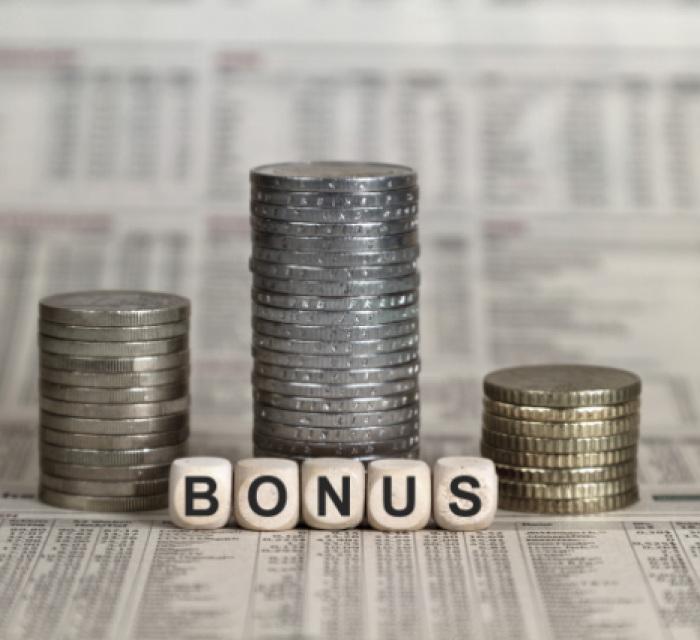Higher excise duty on tobacco and tobacco products
Smokers will pay more for smoking again
The government cabinet estimated an increase in tax revenue from tobacco and tobacco products by more than 106 million euros.
What do the new measures bring for smokers?
The 12 percent increase in tax burden applies to traditional cigarettes and products based on tobacco heating. The minimum excise duty rate on cigarettes has increased from the original 132.10 euros to 148 euros per 1,000 cigarettes, and the excise duty rate on smokeless tobacco products has increased to 211.30 euros per kilogram of tobacco in a smokeless tobacco product from the original amount of 187.80 euros.
What impact does the higher tax have on consumers?
The original price of a pack of cigarettes is 4.80 euros, and with the new tax, it will be 5.20 euros. A smoker who smokes a pack of cigarettes a day will pay an additional 12 euros at the end of the month. Smokers will pay an extra 144 euros per year. Smokers who roll their own cigarettes from loose tobacco will pay up to almost 40 percent more (101.30 euros/kg vs. 139 euros/kg).
Approved increase in tobacco excise duty has been in effect since February 1, 2024. Why has the price increased just from May 2024?
The higher prices of tobacco products have gradually appeared on the shelves. The Ministry of Finance has allowed room for retailers to stock up and subsequently sell tobacco products with the old tax stamps. In the case of cigarettes, the sale was permitted for 3 months from the effective date of the amendment, for smokeless products it is 4 months, and for loose tobacco for rolling cigarettes, it is up to 7 months. Therefore, smokers started to notice the first impacts of the tax increase from May 2024.
New proposal for a law on tax on sugary non-alcoholic beverages
The proposal for the law was submitted by the Ministry of Finance of the Slovak Republic with the aim of providing an effective tool to motivate consumers towards healthier lifestyles. Reducing excessive consumption of sugary beverages significantly contributes to reducing negative health impacts and leads to a decrease in healthcare costs. This applies to all sugary non-alcoholic beverages, including sodas, syrups, energy drinks, fruit and vegetable juices with added sugar, etc. The exception applies to beverages that do not contain added sugar or artificial sweeteners.
According to the statement from the Ministry of Finance of the Slovak Republic, the new tax should not apply to sweetened milk drinks, yogurt drinks, and plant-based drinks. Similarly, concentrated packaged substances that have the character of medicinal products and dietary supplements (e.g., effervescent tablets or protein drinks with added sugar or sweeteners) should not be subject to this tax.
How should sugary non-alcoholic beverages be taxed?
The taxation rate will depend on the content of sweeteners used in the beverage. The tax on sugary non-alcoholic beverages will take the form of an indirect consumption tax. An increase in prices of sugary beverages by 10 to 40% is expected, which would generate almost EUR 85 million more for the state budget.
What is the status of the proposed law?
The draft law was submitted by the Ministry of Finance of the Slovak Republic for interdepartmental review in April 2024 which was concluded on May 9, 2024. The government approved the draft law on May 22, 2024, which will subsequently be submitted to the National Council of the Slovak Republic for discussion. If approved, it will come into effect on January 1, 2025.
What are the reactions to the proposed law?
The proposal for the tax on sugary non-alcoholic beverages has sparked mixed reactions. Supporters argue for the health benefits and increased revenue for the state budget. Opponents criticize the inefficiency of the tax – the increased tax does not bring health benefits, has negative impacts on low-income groups, promotes so-called cross-border shopping tourism, and also point out the experiences of other countries that abolished the tax on sugary non-alcoholic beverages shortly after its introduction due to inefficiency (e.g., Norway and Israel).
If you are considering quitting smoking or reducing your consumption of sugary drinks, now may be the right time.
Do you need advice in this topic?




